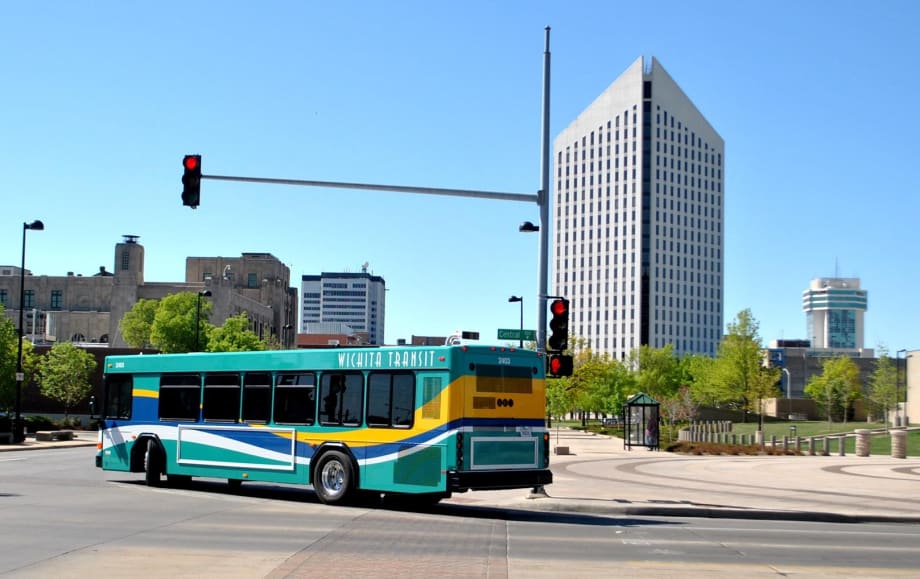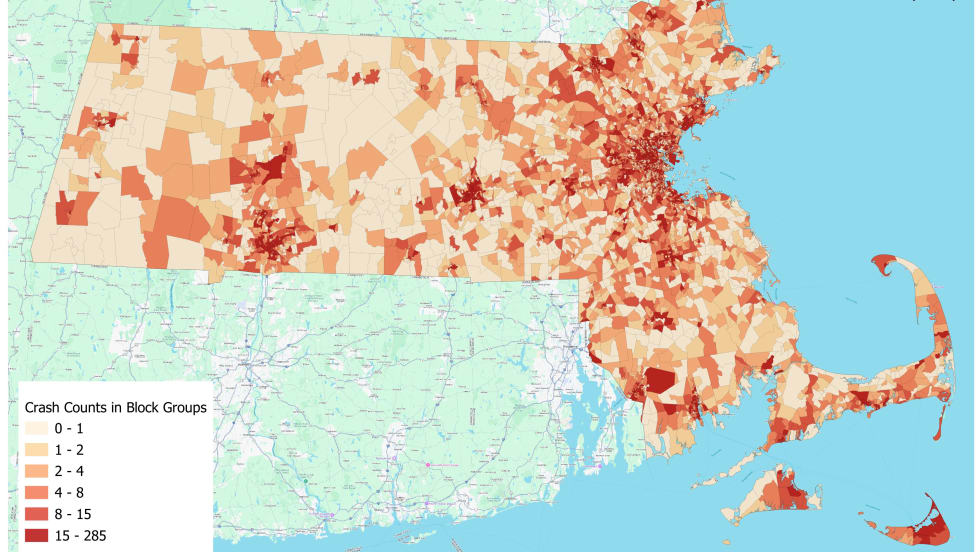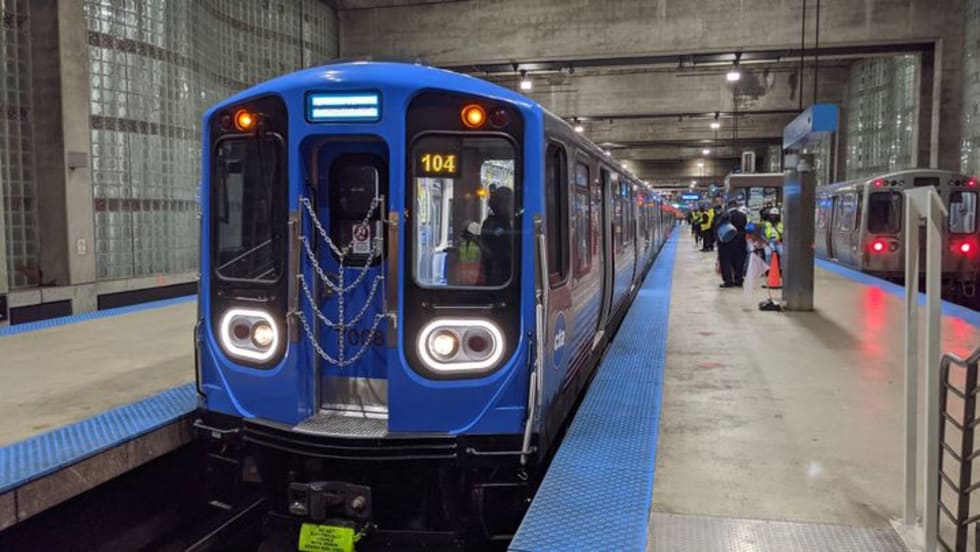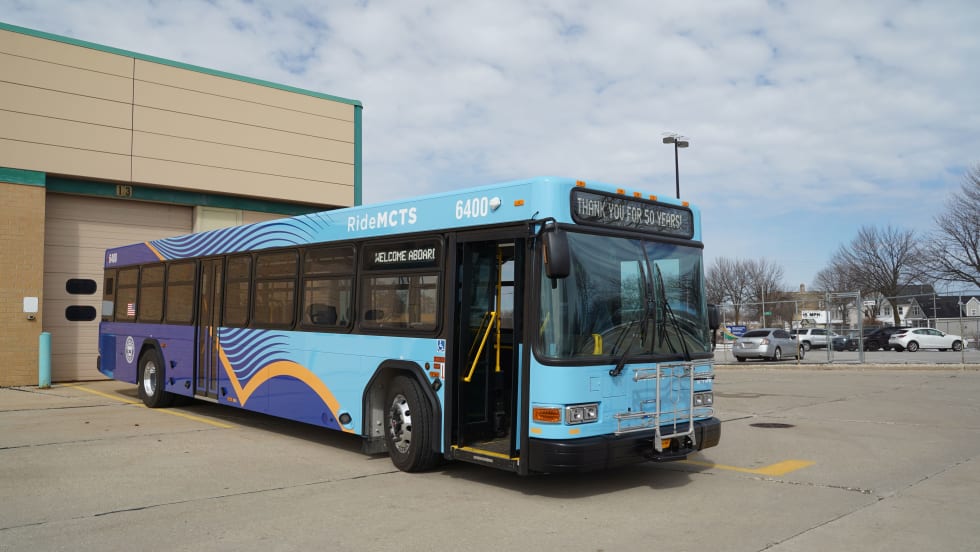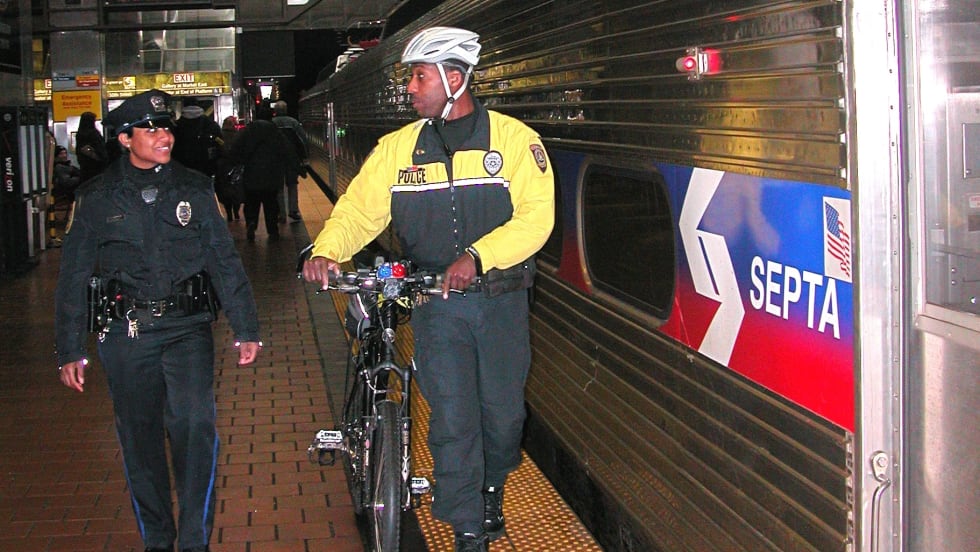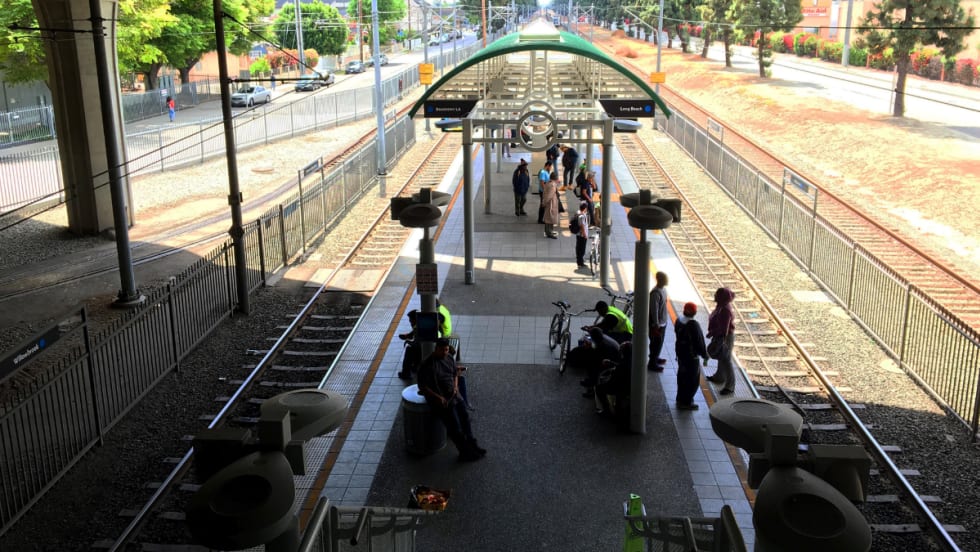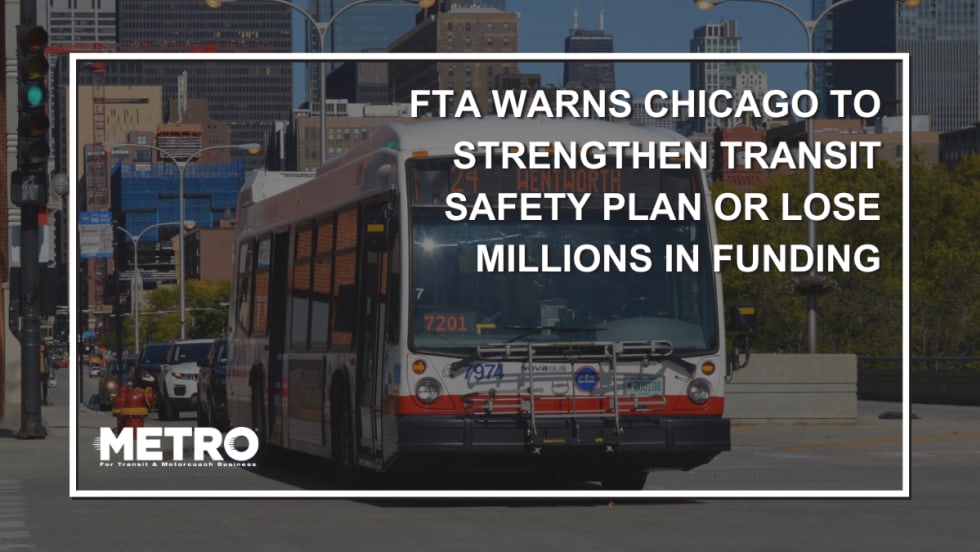At a virtual launch event, the American Public Transportation Association (APTA) officially announced the “Health and Safety Commitments Program,” the public transportation industry’s overarching pledge to passengers that public transit systems are taking all the necessary measures to operate safely as the nation recovers from the COVID-19 pandemic.
From the start of the pandemic, public transportation systems have worked tirelessly to keep riders safe from infection from the coronavirus. The health and safety of transit passengers is the most important priority for public transportation agencies. As of today’s launch, over 100 public transit systems have signed on to the APTA Health and Safety Commitments Program.
The program was developed after asking transit users from across the country what measures would make them feel more confident riding public transportation amid concerns about COVID-19. From this research, the industry identified four key areas that transit systems need to address to earn riders’ confidence:
Following public health guidelines from official sources.
Cleaning and disinfecting transit vehicles frequently and requiring face coverings and other protections.
Keeping passengers informed and empowered to choose the safest times and routes to ride.
Putting health first by requiring riders and employees to avoid public transit if they have been exposed to COVID-19 or feel ill.
Transit systems throughout the nation have pledged to meet these commitments by creating specific policies that are effective for their system, their riders, and their communities. A key component of the Health and Safety Commitments Program is the shared responsibility of transit systems and riders to follow the guidelines. Riders rely on public transit systems to follow these commitments, and systems rely on riders to protect themselves and other customers.
“This program emphasizes the commitment that this industry is making to all those we serve now and to those who we look forward to serving,” said Nuria I. Fernandez, APTA chair and GM/CEO of the Santa Clara Valley Transportation Authority. “Public transportation is and will be vital to the social and economic recovery of our nation. But getting there requires us to win back our ridership and encourage new riders to view public transit as a preferred mobility choice. We believe this commitment program will help do this.”
In announcing this new industry-wide pledge, the industry reiterated its urgent request that Congress and the Administration provide at least $32 billion in emergency funding to ensure that public transit services can continue to operate to serve essential front-line employees and to aid in the nation’s recovery.
“The program being launched today is the public transportation industry’s pledge to promote sensible policies and practices designed to keep transit users and transit employees safe during the COVID-19 crisis,” said APTA President/CEO Paul P. Skoutelas. “It is a logical extension of the innovation and commitment we have been demonstrating for the past several months — and it makes the need for at least $32 billion in additional emergency funding that much more urgent and critical.”
Fernandez and Skoutelas were joined by a panel of transit executives and members of APTA’s Mobility Recovery and Restoration Task Force during the launch event. Panelists discussed specific ways in which each agency can address the pillars of the program, and recognized that the Commitments Program is a process, not a one-time action.



